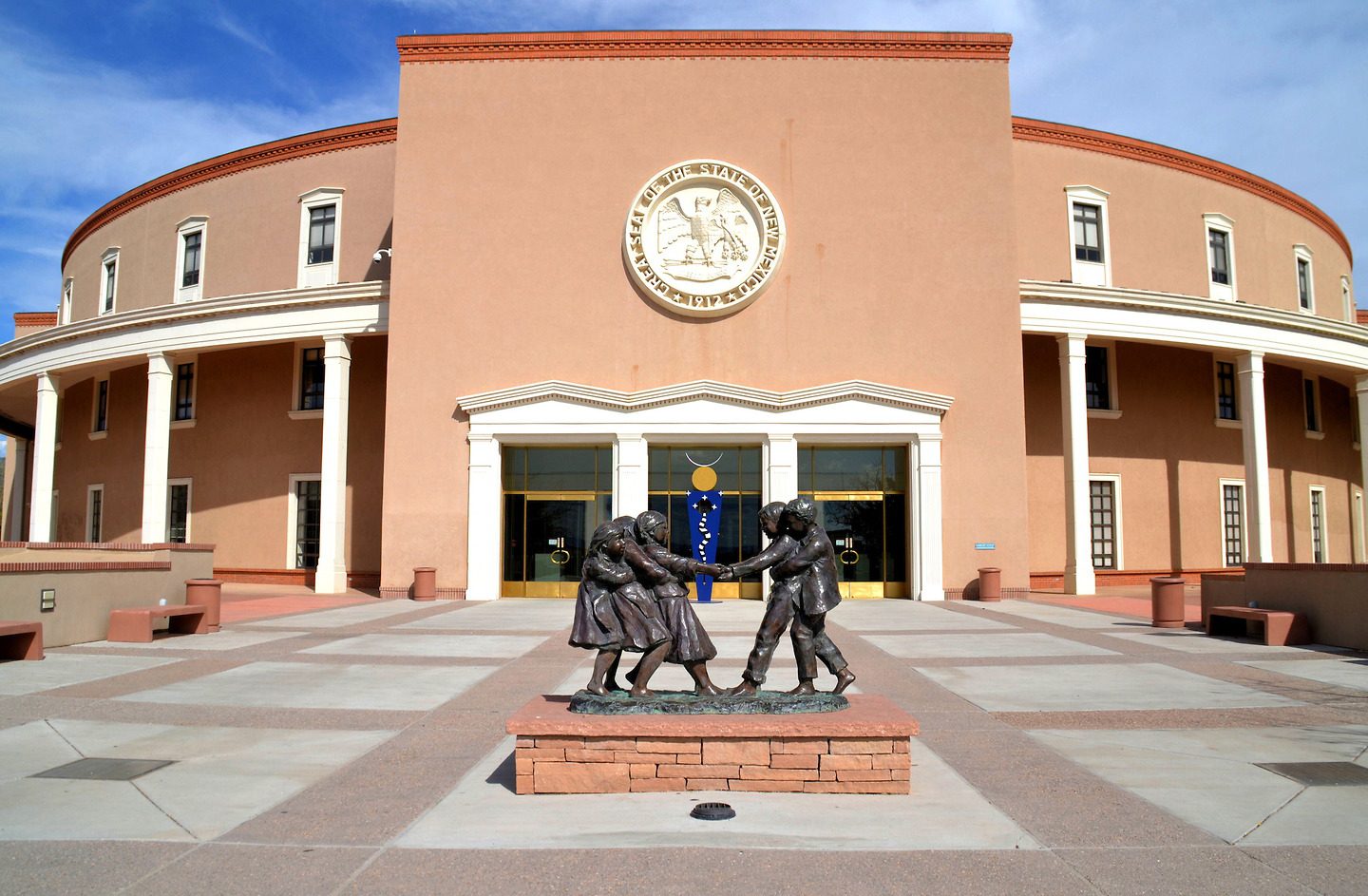Indiana bills seek to regulate teaching race in upcoming session

Indiana would ban the teaching of certain ideas about race, including those that might make any student feel guilty or uncomfortable, while also prohibiting schools from requiring employee training on banned race-related ideas, according to two bills drafted for the legislature.
The state will convene its annual legislative session on Tuesday.
The two wide-ranging bills in the House and Senate cover what schools cannot teach about race, like white privilege, or that “an individual, by virtue of the individual’s race or sex, is inherently privileged, racist, sexist, or oppressive, whether consciously or subconsciously.”
Senate Bill 167 and House Bill 1040 would also expand parent input on several school decisions, mandating that school boards create advisory committees to review educational material, including textbooks, audiovisual material, and surveys. Schools would need to make all their curriculum materials available online by June 30, 2023, with details on teachers, grade levels, and subjects.
“Our schools should be an inclusive place where respect is shown equally. Teaching concepts that divide our children into one group or another only serves to drive a wedge between individuals and distracts from the main goal of educating our children,” said Scott Baldwin, a Noblesville Republican and one of the authors of the Senate bill, in a statement. “This bill is not about preventing our teachers and schools from talking about our history – good and bad.”
The Senate version would further require schools to obtain parental permission to provide mental health services to students.
The House version also extends beyond the subject of race and would allow parents to opt their students out of wearing masks by providing notice to their schools.
In regulating content, the House bill would require schools to teach that the political systems of socialism, Marxism, communism, and totalitarianism are detrimental to the people of the United States.
The bills would establish a process for the public to complain about violations of content rules, which begins with filing a complaint to a school principal and culminates in allowing a complainant to file a civil lawsuit against a school district.
The bills read like an omnibus of regulations on teaching race proposed in other Republican-led states following this summer’s furor over critical race theory — a framework of study in universities that recently has been inaccurately used as a catch-all term for all discussions of race.
Critics say the proposed measures could intimidate teachers, burden schools with expenses, and ultimately halt any classroom discussions of race.
Moreover, targeting specific topics could run afoul of previous rulings against the suppression of ideas, said Kevin Brown, a professor at the Indiana University Maurer School of Law.
A federal court overturned Arizona’s 2010 ban of a school district’s Mexican American studies program, for example, for violating students’ constitutional rights.
Furthermore, Brown said, requiring schools to identify teachers responsible for particular curriculum could leave them vulnerable to harassment and discourage educators from broaching race at all, he said.
Brown, who participated in the original critical race theory workshop at the University of Wisconsin-Madison in 1989, said the allegations that critical race theory imposes guilt on individual white people don’t align with the purpose of the legal framework, which is to analyze the effects of institutions and history on current circumstances.
He said he worries about his white law students who didn’t learn about the experiences of people of color in school.
“If you don’t talk about history, but then talk about racial disparities in current statistics, you don’t have any way to explain that — except to say there must be something wrong with ‘those people,’” Brown said.
The bills say that the provisions are not meant to prohibit teaching the history of an ethnic group, or an impartial discussion of controversial aspects of history or the historical oppression of a particular people.
It furthermore states that schools have a duty to remain impartial to “ensure that students are free to express their own beliefs and viewpoints concerning curricular materials and educational activities.”
The curriculum review committees would consist of 40% educators, 40% parents of students of a school district, and 20% interested community members not employed by the district.
Their recommendations would be subject to approval by school boards.
Such committees already exist in some districts, said Keith Gambill, president of the Indiana State Teachers Association. Those have involved parents in curriculum design or approval, as part of curriculum review or textbook selection committees.
Gambill said parents already have a right to contact their child’s teacher or school for more information about a lesson. The proliferation of online learning platforms has also put assignments, grades, announcements, and permission slips at families’ fingertips.
Keith Clock, a spokesman for the state teachers union, said the union was reviewing the bills and planned to testify at the first hearings Wednesday of the House and Senate education committees.
With the legislature out of regular session since April, reaction to critical race theory in Indiana has centered on angry disruptions at a handful of school districts over classroom race discussions and COVID-19 protocols.
Last summer, Attorney General Todd Rokita also released a “Parents Bill of Rights” stating that parents had a right to review the curriculum taught in their child’s school, as well as participate in the selection and approval of academic standards for the state of Indiana, and make medical decisions for their children.
Some of the legislative proposals are similar to ones floated by the Manhattan Institute for Policy Research, a conservative think tank. It drafted a framework for legislation that would require schools to post instructional materials, with links to any applicable textbooks, as well as to post the names of the authors and school staff members responsible for it.
The institute touts its recommendations as promoting transparency and doesn’t intend for them to create a burden for schools, said Jim Copland, an institute senior fellow and the director of legal policy.
He said a district could identify staff members who have developed curriculum by their initials, in order to protect them from retribution by online trolls, he said. And for many teachers who use online tools to plan their lessons, he said uploading them online shouldn’t be an onerous task.
The group’s draft legislation applies to all curriculum, but states could limit the requirement to certain subjects, Copland said.
The Manhattan Institute had previously championed legislation that would prohibit schools from requiring students or staff members to make statements in classroom discussions about race.
This article was originally posted on Indiana bills seek to regulate teaching race in upcoming session



